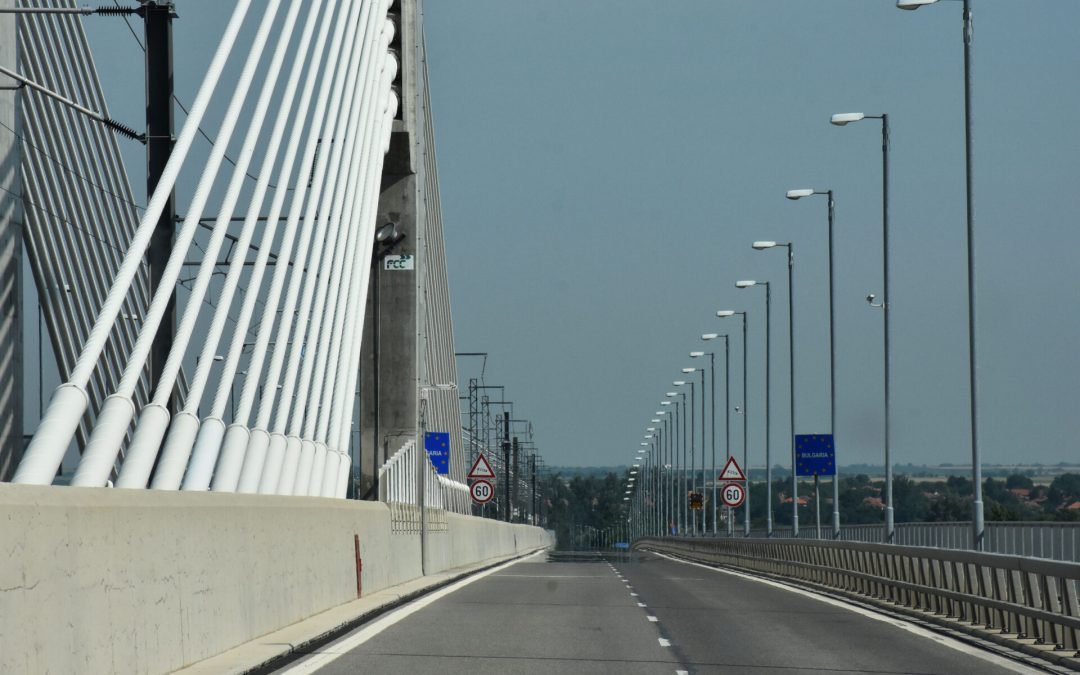SOFIA – The defense ministers of Romania, Bulgaria, and Greece signed a letter of intent to create a corridor for the movement of military equipment. The agreement follows discussions from the Euxinograd meeting last October. At that time, the prime ministers of the three countries discussed transport, energy, and digital connectivity in the region with the participation of the Vice President of the European Commission Margaritis Schinas and the European Commissioner for Transport Adina Vălean.
The letter signed on the sidelines of the NATO meeting in Washington notes that supply routes will be created, bureaucracy in peacetime reduced, and maximum efficiency achieved in emergency and crisis situations.
The connection of four ports – Thessaloniki, Alexandroupolis, Varna, and Constanța, their infrastructure and networks is planned. The corridor between Greece, Bulgaria, and Romania is expected to be used for existing EU-level initiatives, in coordination with the alliance.
The new bridge project between Romania and Bulgaria at Ruse and Giurgiu was included in these plans, and the feasibility study of the project was approved by the EU funds for military mobility, Commissioner Vălean announced in February.
The EU’s military mobility initiative also contributes to NATO’s activities, noted the Bulgarian interim Minister of Defense Atanas Zapryanov. He explained, as quoted in a government press release, that two documents were signed at the Washington meeting in the field of military mobility: a letter of intent between Bulgaria, Greece, and Romania for military mobility from south to north, and a memorandum for transport corridor number 8 in the east-west direction, signed by the defense ministers of Italy, Albania, the Republic of North Macedonia, and Bulgaria. Zapryanov added that Romania also wishes to join corridor number 8 and extend it to Constanța in the north.
Zapryanov noted that besides purely military, the corridor has a strong economic dimension, as it improves transport connectivity between Greece, Bulgaria, and Romania, as well as the entire EU.
The interim Prime Minister Dimitar Glavchev added that military mobility corridors will help enhance NATO’s deterrence and defense capabilities and the economic development of the region. He noted that Turkey also expresses a desire to participate in the project. (13 July)
 go to the original language article
go to the original language article
